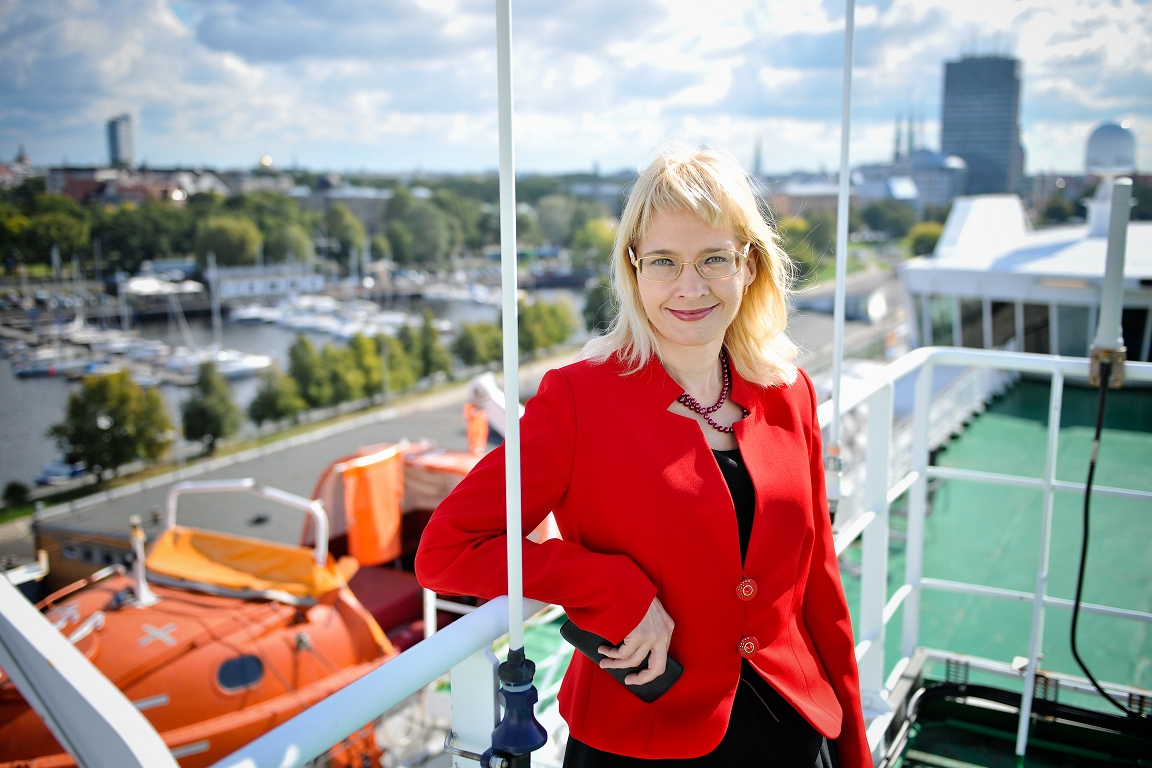Plastic recyclers do not want loans, but better rules
/s3/static.nrc.nl/images/gn4/data130881155-2d361e.jpg)
Eleven bankruptcies, and another three companies that are in danger of leaving from the Netherlands or have stopped the machines. That is the state of affairs after more than a year of clearing in the recycling of waste plastic. All in all, the association calculates waste companies, about a third of the capacity of the sector in the Netherlands is lost. While the use of a kilo recycled plastic saves 1 to 2.5 kilos of greenhouse gases.
So things are bad for it, and the lifebuoy that State Secretary Chris Jansen (PVV, Milieu) produces, Recyclers does not vote more optimistic. He wants to offer companies loans so as not to go bankrupt. But they are not going to solve the problems, « said Jeroen Stein of the Waste Companies Association. « What the sector needs is a healthy business. Not more debts. »
Healix is one of those plastic recyclers in heavy weather. The Maastricht company processes discarded ropes and nets from fisheries and agriculture, but since December his machines are standing still. Founder Marcel Alberts is ‘disappointed’ about Jansen’s offer. « Many recyclers have already been financed to their neck. » He calls a loan « not a lifeboy, but a millstone. »
In December, the House of Representatives adopted a Volt motion that called for plastic recyclers to financially support. Jansen wants to do that now through loans, because he finds subsidization from the ailing sector ‘a precious matter’. Also because « it is unclear how long this situation will last. » In addition, he points out European rules that make financial support from companies more difficult by the state.
The loans should be provided for a few years. « The company must be viable in the core, » writes Jansen. The cabinet estimates to be able to help five to ten companies.
Alberts van Healix points out that recycling companies have often already taken out loans themselves; When they started, they received money from investors, sometimes even from family and friends. According to him, extra loans are not going to help. « We mainly need laws and regulations that allow us to compete with new plastic. Two or three years ago, new plastic was twice as expensive as now and things were still going well. »
Stretcher
Also CEO Jan Lenstra from Recycler Veolia does not think that loans will help his sector. « It is a stretcher. The problem is that new plastic is too cheap. We don’t solve that with loans. »
His factory in Vroomshoop in Twente is now running a « considerably lower » production. She turns old butter tubs and ketchup bottles into new raw material, which is used for products from caps to vacuum cleaners. The factory is now turning quits. She owes that she is not loss -making to customers who are willing to pay a little more for a sustainable product.
The recycling market suffers from low prices of new plastic, which is imported into Asia in large quantities. Competition is extra difficult for the recyclers due to high energy prices and personnel costs. « We also fear that the competition from China will be even more intense due to the (American) import duties, » says Stein. « Ship loading plastic that is produced for the United States » threaten to come out « our side. »
The Waste Companies Association argues for new laws and regulations. Under current economic conditions, the sector needs around 100 million euros a year to stay upright, the sector estimates.
« The best would be if the polluter pays, » says Alberts. For example with a co2-tax on new plastic, or an obligation to use recycled plastic. »
Recycled plastic in the production of new packaging has been talked about for years. The previous cabinet wanted to introduce a national mixing obligation in 2027, but it is unclear whether the PVV State Secretary will continue. The European Union has plans to introduce an additional mixing obligation in 2030. « But, » says Lenstra, « who is still there to make that recycled plastic? »
Chemical
An alternative to the usual mechanical plastic recycling, chemical recycling, is completely in heavy weather. Research by consultancy firm Rebel Group shows that there was hardly any chemical recycling last year in the Netherlands. Unlike mechanical – shredding and merge – plastic in chemical recycling is broken down to the ‘building blocks’, making it a kind of oil again. This has the advantage that the end product is very clean, so that it can be used as a food packaging, for example. With mechanical recycling that is usually not allowed.
In 2022 20 Kiloton plastic was chemically recycled, in 2024 it was only 0.6 kiloton, said Rebel Group. The ‘plastic chain’ had the goal of recycling 550 kiloton chemically in 2030. That now seems unfeasible. For the research approached, companies call financing an important « bottleneck ».
Blue Cycle is one of the companies in chemical recycling that went bankrupt last year. Eric Witvoet, former interim director: « If you have to compete against Chinese material that is delivered below the European cost, it will stop at some point. While we have to cherish this technique and initiatives. Otherwise they will disappear abroad. »
Lenstra from Veolia also notices that innovation comes to a halt due to current market conditions. « In fact, we want to meet the marketing departments of manufacturers even further. For example, we could supply a very pure white color from recycled material, by separating even more by color. »
That is not possible for the time being. « We can make a better product at higher costs, but that makes little sense if we can’t sell it. »

/s3/static.nrc.nl/images/gn4/data132930690-9acede.jpg)
:format(webp)/s3/static.nrc.nl/wp-content/uploads/2025/05/20115426/web-2005BINbodegraven.jpg)
:format(webp)/s3/static.nrc.nl/images/gn4/stripped/data132612693-3a6582.jpg)



